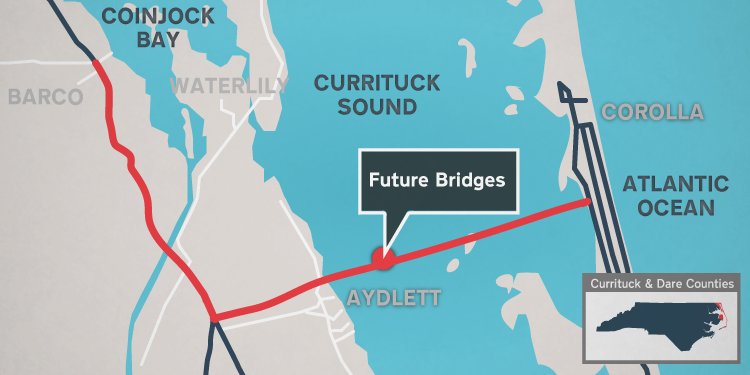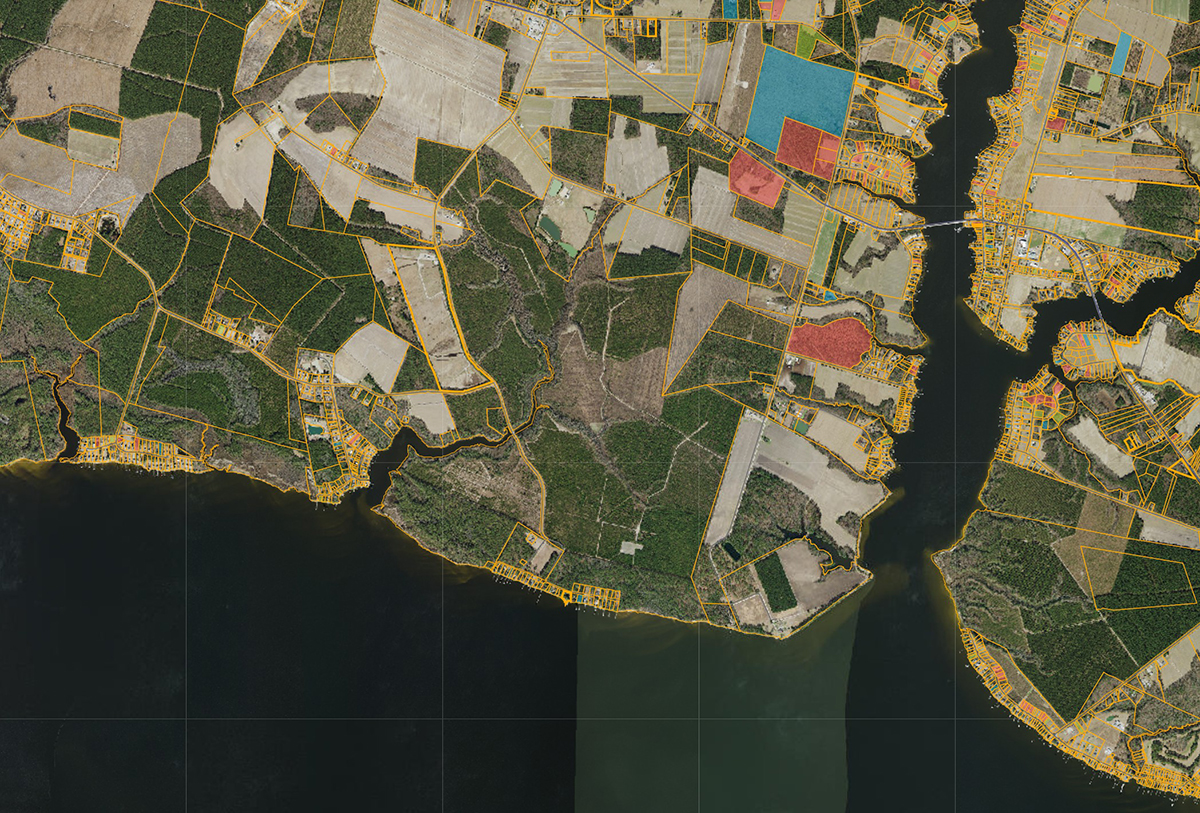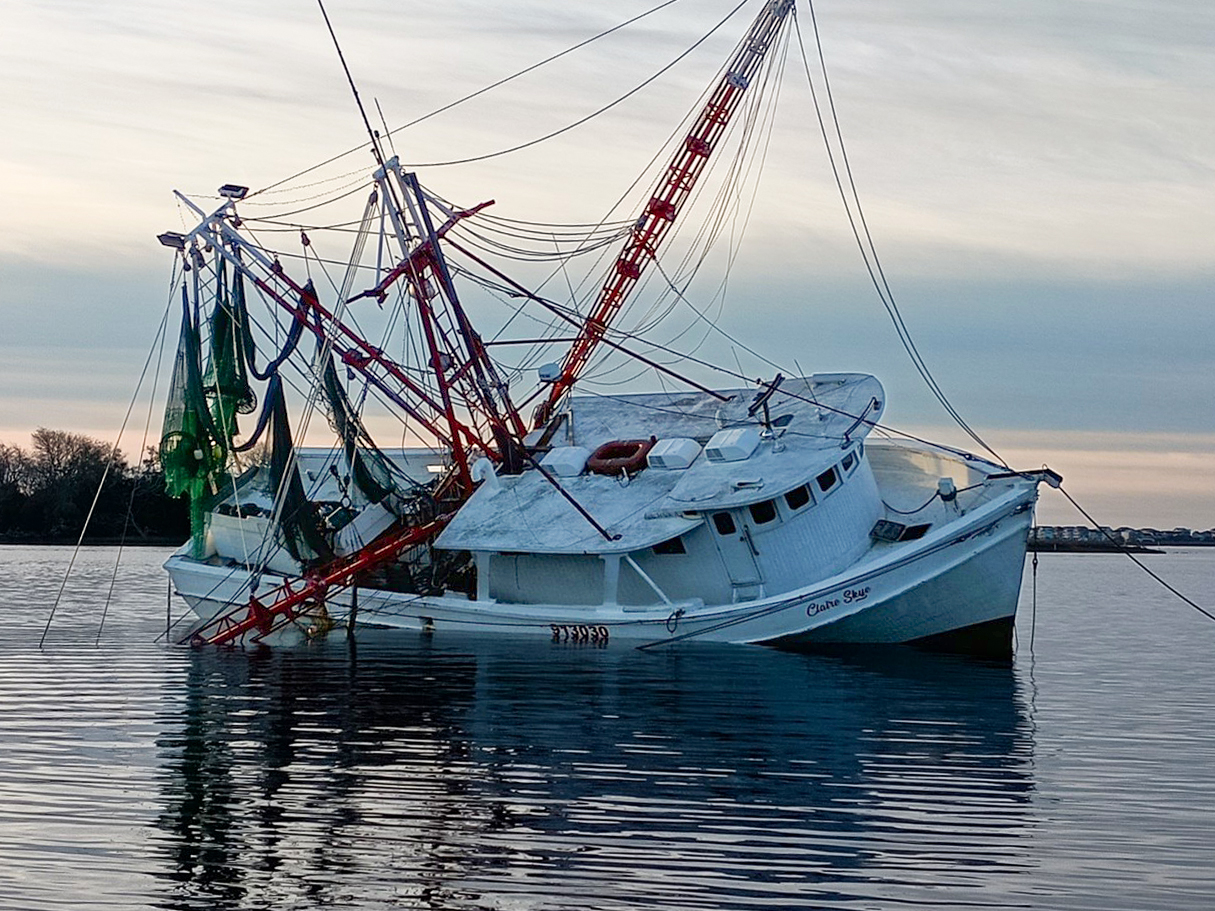
Reprinted from The Outer Banks Voice
After being briefed by town attorney Ben Gallop on the lawsuit to block construction of the mid-Currituck bridge, the Southern Shores town council decided at its Jan. 5 meeting to take some short-term steps to try and push the project along.
Supporter Spotlight
Judge Louise Wood Flanagan of the U.S. District Court for the Eastern District of North Carolina ruled Dec. 13 against the Southern Environmental Law Center’s case against the North Carolina Department of Transportation for its efforts to build a 5-mile toll bridge to Currituck County’s Outer Banks from the mainland at Adylett.
The Southern Environmental Law Center, or SELC, suit was filed on behalf of the North Carolina Wildlife Federation and No Mid-Currituck Bridge, a group of residents on the mainland and Outer Banks who are opposed to the bridge. The suit focused on compliance with the federal Environmental Policy Act and its mandates for environmental integrity.
SELC attorney Kym Hunter has said the Dec. 13 ruling will be appealed. The SELC has until Feb. 11 to file an appeal unless it asks for an extension. For now, all parties are in a holding pattern.
In the meantime, NCDOT has removed the money for its share of the project until issues are resolved. NCDOT District Engineer Sterling Baker sent a letter late last year to notify Currituck County that funds that amount to $20 million over a two-year period to be used for environmental studies and right-of-way acquisitions will be returned to the district budget when the situation is resolved.
Many of those in the northern Dare County towns such as Southern Shores and Duck view the mid-Currituck bridge as a potential remedy for overflow summer traffic that disrupts local neighborhoods.
Supporter Spotlight
In his discussion Wednesday with the council members, Gallop said the town of Southern Shores could intervene in the case by filing an amicus brief.
“There are about 78,000 pages in the record so there is a lot of reading time and expense. It might take a specialized firm to handle this,” he said.
After the Dec. 13 ruling is appealed, the time to get it heard by an appeals court can be long, said Gallop. It could take a minimum of six months, but more likely a year and a half to two years for the court to issue an opinion.
New Council Member Paula Sherlock declared that the council needs to make noise and talk to Duck. “Having two towns would help with money,” she said.
By consensus, the council identified a three-pronged approach.
Mayor Elizabeth Morey will invite NCDOT Representative Allen Moran to lunch to discuss the issue and then follow up with a letter.
The Duck Town Council will be approached to see how the two towns can work together and if the town is willing to help pay for an amicus brief to be filed.
And the third element will be to contact the Albemarle Regional Planning Board and request the issue be added to an upcoming agenda.
This story is provided courtesy of the Outer Banks Voice, a digital newspaper covering the Outer Banks. Coastal Review is partnering with the Voice to provide readers with more environmental and lifestyle stories of interest about our coast.







